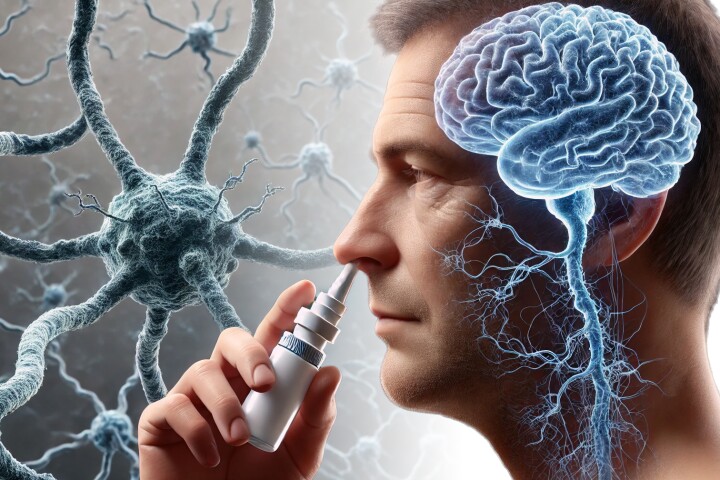A new study has found that a species of gut bacteria cause the destructive nerve cell ‘clumps’ that are a hallmark of Parkinson’s disease. The discovery opens the door to the development of targeted treatments for this debilitating disease.
More than 10 million people worldwide live with Parkinson’s disease (PD), an incurable neurodegenerative disorder characterized by tremors, muscle stiffness, hindered movement, and impaired balance and coordination.
When the protein alpha-synuclein (alpha-syn), predominantly found in nerve cells, clumps together, it forms Lewy bodies. The presence of alpha-syn/Lewy bodies in the brain and throughout the nervous system is a hallmark of PD. Clumped alpha-syn has also been found in the gut, and it’s thought that a gut-based pathogen may cause the aggregation, which then travels to the brain.
In an effort to better understand what causes PD, researchers from the University of Helsinki in Finland have closely examined the role that a species of bacteria – Desulfovibrio (DSV) – might play.
They’d looked at the link between DSV and PD in 2021 when they found the bacteria were more prevalent in people with the disease. They also found that, in people with PD, having more of these bacteria correlated with the severity of symptoms seen.
However, in the previous study, the way DSV contributed to the development of PD was not explored. Now, the researchers turned to science’s favorite worm, Caenorhabditis elegans (C. elegans), to examine whether DSV strains contributed to alpha-syn aggregation and PD.
The researchers recruited 20 participants: 10 with PD and 10 healthy individuals. The healthy individuals just happened to be the spouses of the PD participants. Each participant provided fecal samples, which were analyzed for the presence of DSV.
DSV strains found in either group were fed to C. elegans worms whose heads were imaged under a microscope. They also looked at whether the C. elegans’ survival was affected by the bacteria. The researchers fed strains of the bacteria Escherichia coli (E. coli) to worms that acted as a control group.
The researchers found that worms fed DSV bacteria from individuals with PD had significantly more and larger alpha-syn aggregates than worms fed from healthy individuals or worms fed E. coli strains. They also found that the worms who received DSV strains from people with PD died in significantly higher quantities than worms fed E. coli.

As a result of their findings, the researchers concluded that DSV strains from people with PD, as opposed to healthy people, appear more toxic and can cause more alpha-syn aggregation. They say the study’s findings point to the important role that environmental factors play in the development of PD.
“Our findings are significant, as the cause of Parkinson’s disease has gone unknown despite attempts to identify it throughout the last two centuries,” said Per Saris, a co-author of the study. “The findings indicate that specific strains of Desulfovibrio bacteria are likely to cause Parkinson’s disease. The disease is primarily caused by environmental factors, that is, environmental exposure to the Desulfovibrio bacterial strains that cause Parkinson’s disease. Only a small share, or roughly 10%, of Parkinson’s disease is caused by individual genes.”
Their findings, they say, suggest that DSV bacteria contribute to the development of PD by causing the aggregation of alpha-syn, opening the door to new treatments that specifically target these bacteria.
“Our findings make it possible to screen for the carriers of these harmful Desulfovibrio bacteria,” Saris said. “Consequently, they can be targeted by measures to remove these strains from the gut, potentially alleviating and slowing the symptoms of patients with Parkinson’s disease.”
Further studies could uncover the differences between the DSV strains seen in people with PD and healthy people, something that couldn’t be done in the current study.
The study was published in the journal Frontiers in Cellular and Infection Microbiology.
Source: University of Helsinki





